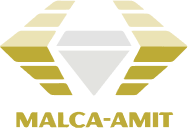Environmental
Social
Governance
As we unlocked diamonds as a market-traded investment for the first time, in collaboration with our partners and suppliers, we worked hard to integrate environmental, societal and governance benefits in the model. We are especially proud to incentivize global sustainability efforts, and provide economic benefits for millions.”
Cormac Kinney
Diamond Standard Founder and CEO
Our Impact

84%
of water used in diamond recovery is recycled*. There is an increased focus on reducing water-dependency and improving its management

100%
adherence to the Kimberley Process, a global initiative preventing the inclusion of "conflict diamonds"

99%
diamond mining waste is reclaimed*. The focus on stewardship of diamond mines begins from their exploration through closure; regulated by global environmental laws

0
electricity waste with Hedera Hashgraph, leading the charge for energy-efficient blockchain solutions

75%
projected share of commodity diamonds that will be recycled from global consumers

10 million
livelihoods supported across the world by buying natural diamonds
Environmental

Eco-friendly Investment
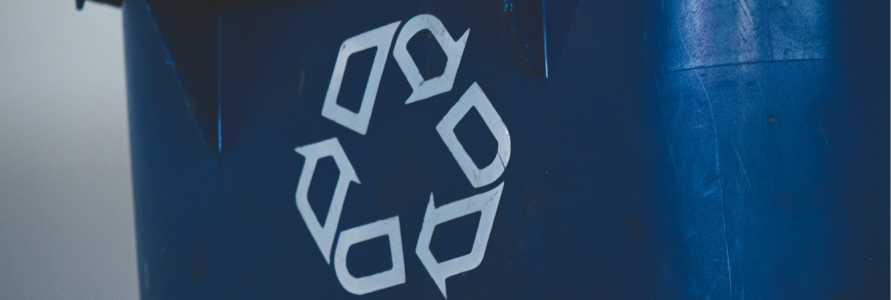
Recycled Resource
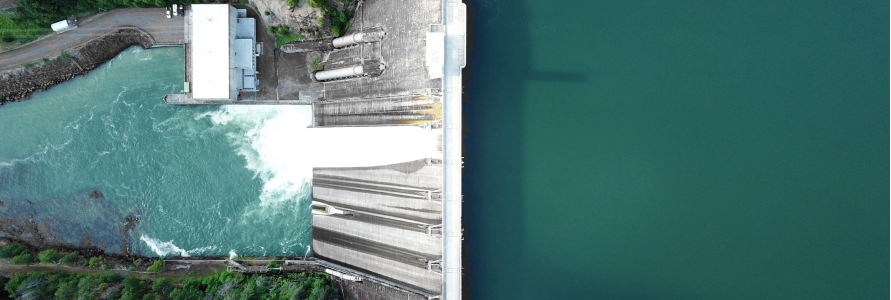
Hydro Resource Management
Social

Responsible Sourcing

Social Equity

Ethical Commitment
Governance
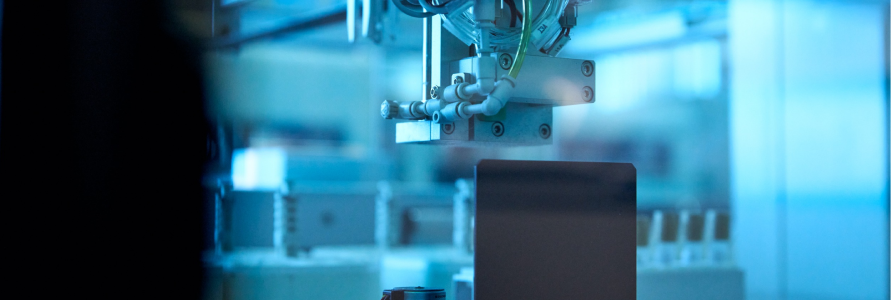
Commodity Standards

Transparent Pricing
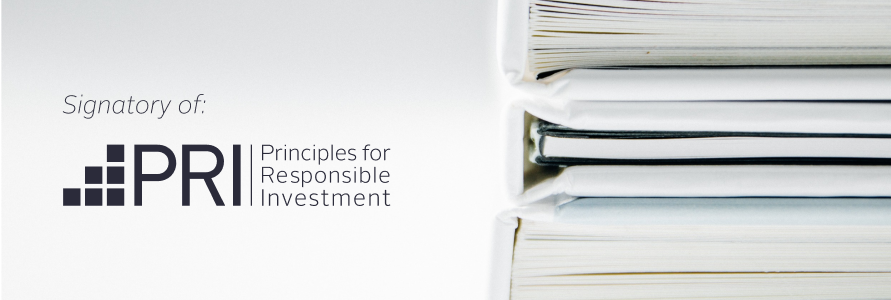
Signatory of PRI
ESG Partners



